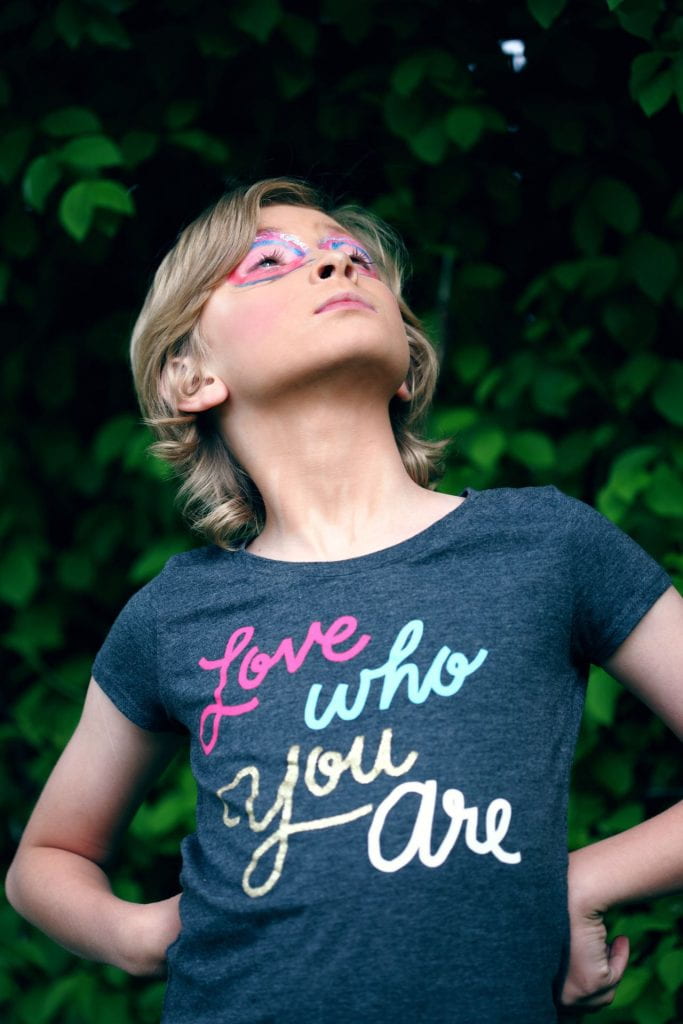
Self belief, like self worth, means that you value yourself and expect to be treated with respect.
People with a sense of self-belief try not to compare themselves to others. Having self worth comes from setting goals, working to attain the goals and achieving success. This makes us feel good about ourselves.
Self-Belief comes within the “Meaning” arm of our wellbeing model because people with self-worth are inspired by and use the character strengths of positive role models, they do things that make a positive difference and use their strengths in all that they do.
The positive side effects of high self-esteem, include:
- Taking responsibility for our actions
- Forming positive relationships
- Feeling confident and respected
- Feeling proud of our achievements
- Understanding mistakes is part of learning
- Being resilient and independent
- Being confident of our decisions in the face of peer pressure
- Having a positive self-image
To understand yourself better and increase your self worth and boost how you feel about yourself you can use these sentence stems (or prompts) :
- I was really happy when . . .
- A goal that I have achieved recently is…
- Something that my friends like about me is . . .
- I’m proud of . . .
- My family was happy when I . . .
- In school, I’m good at . . .
- Something that makes me unique is . . .
- Others tell me my character strength is…
You can also use positive self-talk to boost your self worth. To do this, you need to catch yourself saying negative things about yourself in your head and chage the thinking to being more positive (eg. I’m not as good as the rest of my team (at, say, football) you could say; I may not be as good, but I play a valuable role and my team mates think I’m funny/kind/nice)
You can also use positive self-talk to boost your self worth. To do this, you need to catch yourself saying negative things about yourself in your head and change the thinking to being more positive eg. Instead of thinking; I’m not as good as the rest of my team (at, say, football) you could say; I may not be as good, but I play a valuable role and my team mates think I’m funny/kind/nice)
Perfectly Norman by Tom Percival
What is the main message in this story?
So Few of Me by Peter H. Reynolds
My favourite line in this story is: What if I did less but did my best?
Willy the Champ by Anthony Brown
From Cosmic Kids Yoga: Jamie writes; “Here are 3 meditations for kids that are specially designed to boost confidence. They will motivate a positive can-do attitude and give kids (and grownups too) a sense of self-belief! Go get ’em tiger!” 🐯
Do you know what positive affirmations are?
They are statements that can be used for positive thinking and self- empowerment and can help us to achieve success. This week, have a go at writing down three positive affirmations each day and if you get stuck, google positive affirmations!




